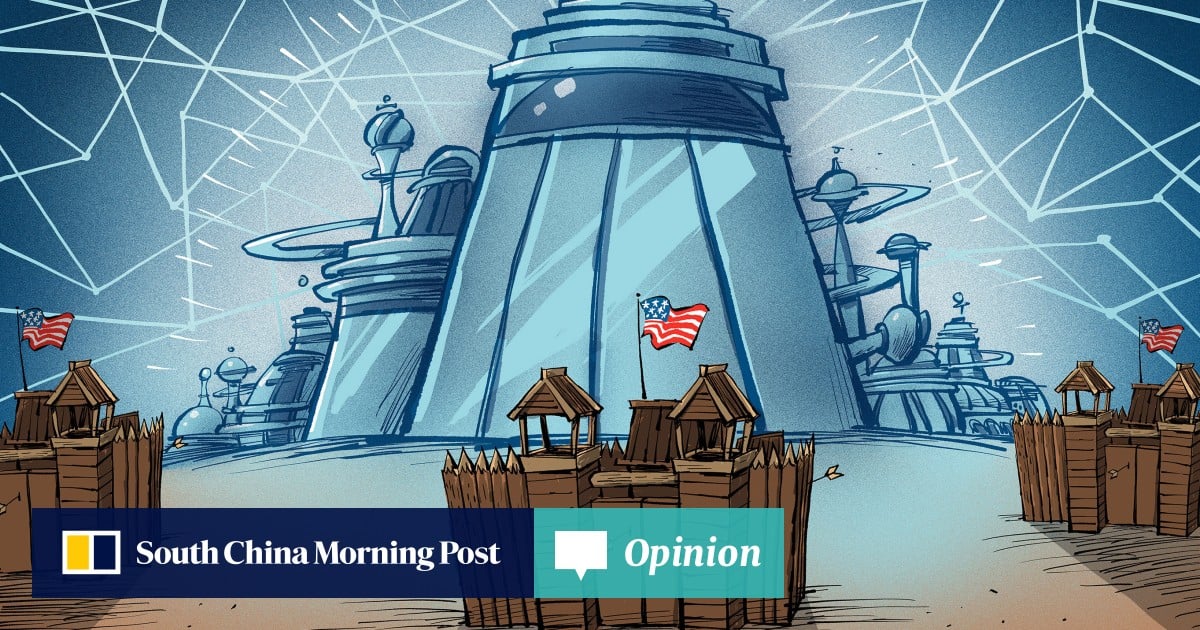Windsurf was a rising artificial intelligence (AI) start-up – until it wasn’t. Days after OpenAI’s US$3 billion acquisition deal collapsed, Windsurf’s founders and top researchers joined Google DeepMind under a non-exclusive licensing agreement. What remained was sold to another company. Windsurf, as an independent innovator, ceased to exist.
This is how many AI start-ups today end. Not through product failure but talent extraction. Big Tech no longer needs to buy companies to consolidate power – it only needs the talent core.
Microsoft
absorbed most of Inflection AI. Amazon did the same with Adept. Meta’s new
Superintelligence Lab reportedly offered as much as US$300 million over four years to lure top researchers, with Mark Zuckerberg personally messaging candidates and hosting dinners. The pitch is seductive: come build artificial general intelligence with near-unlimited computing resources, capital and ambition.
It’s M&A – mergers and acquisitions – without the A: “acquihires” in the age of antitrust concerns. It’s talent consolidation at the corporate level.
But at the national level, China is executing something broader: a kind of national-level acquihire. It is not just absorbing talent – it is absorbing disciplines.
In recent months, mathematician
Yitang Zhang, statistician
She Yiyuan and neuroscientist
Dan Yang have all returned to China. German AI-in-medicine pioneers
Roland Eils and Irina Lehmann, with over 1,000 peer-reviewed papers between them, have begun working with Fudan University as visiting faculty members, marking a rare transfer of scientific leadership from Europe to China
. These aren’t one-offs, and mark a deeper shift in where scientific ambition feels at home.
Source link
Visited 1 times, 1 visit(s) today

